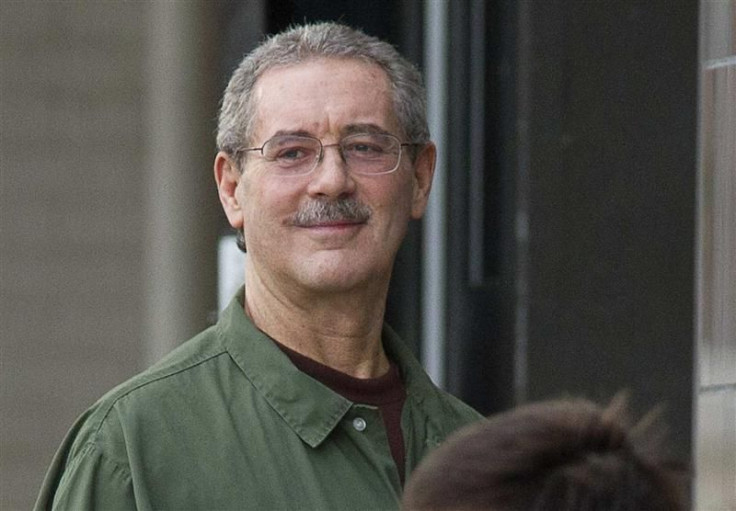Stanford Found Guilty in $7 Billion Ponzi Scheme

Texas financier Allen Stanford was found guilty by a U.S. jury of a $7 billion Ponzi scheme on Tuesday.
Stanford, 61, was found guilty of 13 of 14 counts of fraud, conspiracy, money laundering and obstruction of justice. U.S. District Judge David Hittner read the 13 verdicts of guilty and one of not guilty. There is a possibility of him getting a total prison sentence of nearly 230 years.
“We’re disappointed in the outcome,” said Stanford’s defense attorney Ali Fazel. “We do expect an appeal,” he added.
Prosecutors accused him of skimming more than $1 billion in investor deposits to fund a lavish lifestyle that included yachts, a fleet of jets, cricket teams and a private Caribbean island. While defense attorneys at the trial attempted to transfer the blame on to former chief financial officer James Davis. Davis testified that he, along with and Stanford, faked documents and made up financial reports so as to deceive regulators and pacify investors.
Stanford has a dual citizenship of the United States and the Caribbean countries of Antigua and Barbuda. Stanford, the largest private landowner in Antigua, was knighted by the island's former Prime Minister. He has been in prison since 2009, following fears he could be a flight risk. Later Antigua stripped him of his knighthood and his local assets were seized.
In 2009, while in prison, he suffered broken facial bones when he was beaten up by another inmate. He subsequently became addicted to anti-anxiety medications prescribed by the prison doctors. Stanford's lawyers had claimed that family members had to educate him about his previous life and said he had become completely amnestic to his life prior to the assault. The prosecutors had suggested he was faking amnesia and said there was no evidence of a brain injury.
© Copyright IBTimes 2025. All rights reserved.





















